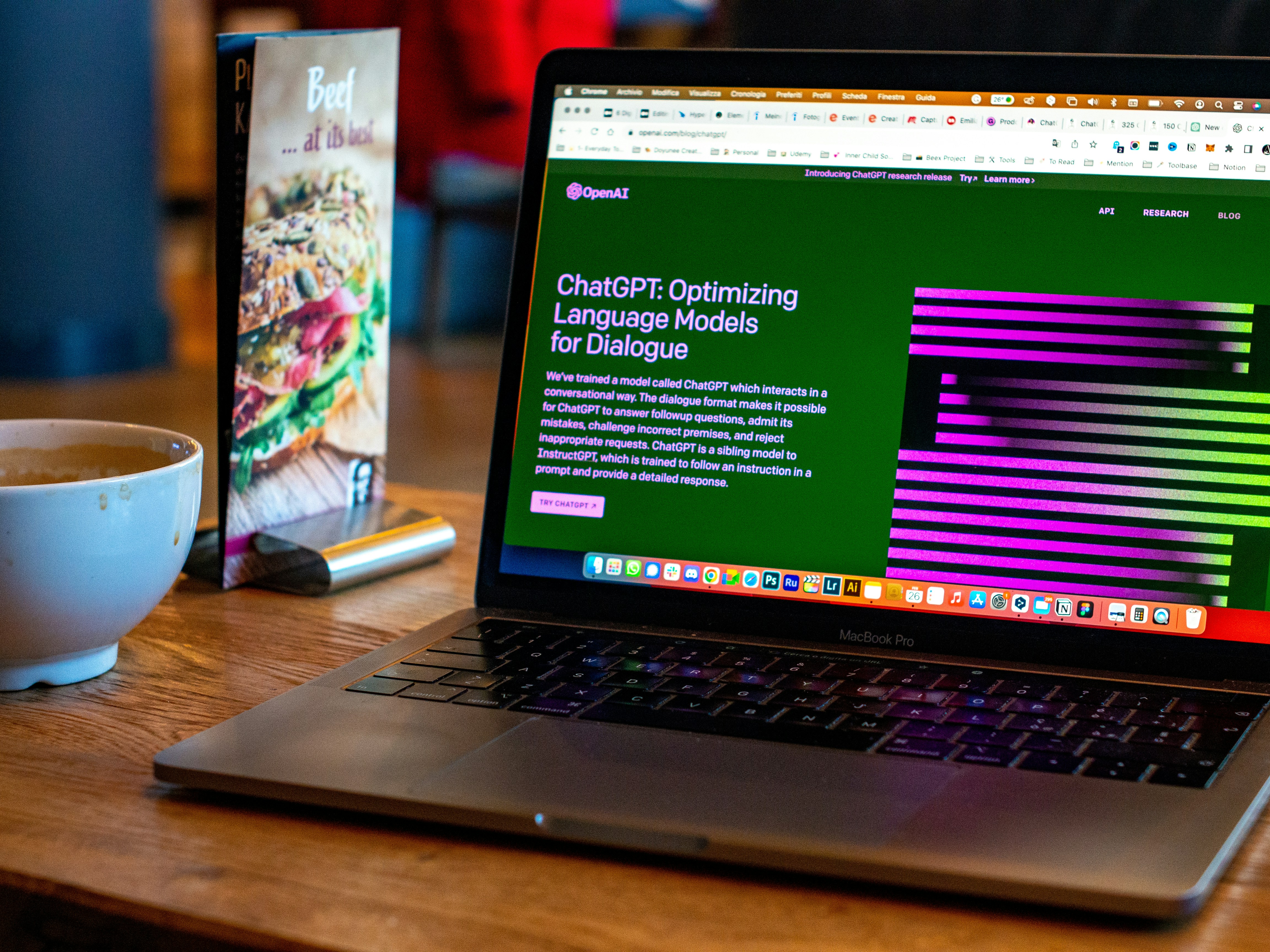
Automate Your Data Science Jobs Search: Using ChatGPT, RSS & Alerts to Save Hours Each Week
Data science roles land daily across banks, product companies, consultancies, scaleups & the public sector—often buried in ATS portals or duplicated across boards. The fix: put discovery on rails with keyword-rich alerts, RSS feeds & a reusable ChatGPT workflow that triages listings, ranks fit, & tailors your CV in minutes. This copy-paste playbook is for www.datascience-jobs.co.uk readers. It’s UK-centric, practical, & designed to save you hours each week. What You’ll Have Working In 30 Minutes A role & keyword map spanning Core DS, Applied/Research, Product/Decision Science, NLP/CV, Causal/Experimentation, Time Series/Forecasting, MLOps-adjacent & Analytics Engineering overlaps. Shareable Boolean searches for Google & job boards that strip out noise. Always-on alerts & RSS feeds that bring fresh UK roles to you. A ChatGPT “Data Science Job Scout” prompt that deduplicates, scores match & outputs ready-to-paste actions. A simple pipeline tracker so deadlines & follow-ups never slip.

